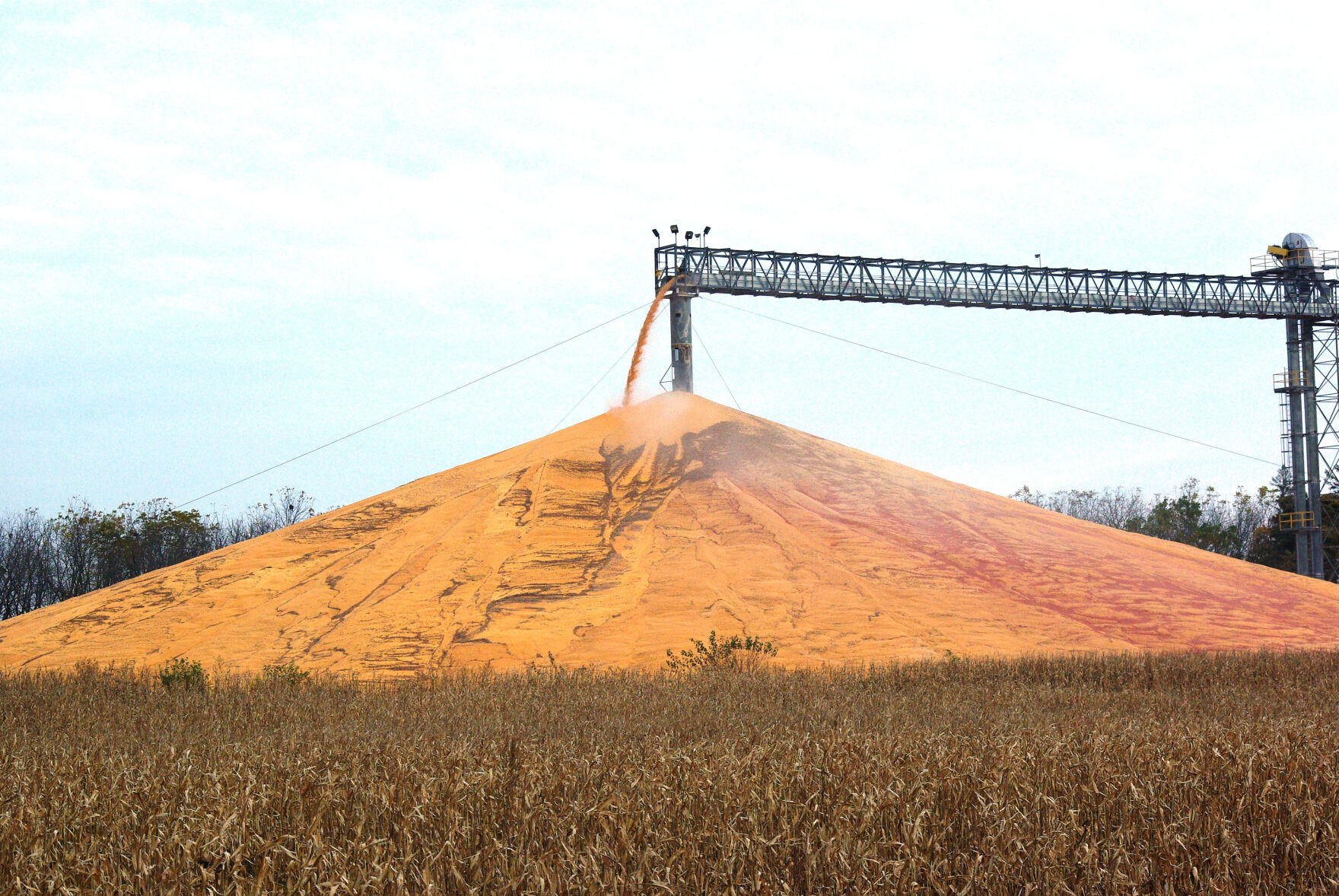A Mexican health regulator has, for the first time, denied permits for the importation of corn genetically modified to resist glyphosate.
The Mexican Federal Commission for the Protection Against Sanitary Risks, whose Spanish acronym is COFEPRIS, declined to authorize the import of transgenic corn incorporating genetic technology that global ag and chemical giant Bayer calls HT3 and SmartStax that allow the corn to resist glyphosate.
The decision was made public by Juan Cortina, president of the National Agricultural Council, Spanish acronym CNA, Mexico’s most important agro-industrial body. Cortina told Reuters that corn importers in Mexico will begin to feel the impact by next year. According to the Mexico Daily Post, COFEPRIS’ decision was not made public at the time it was made. The issue is a sensitive one between the United States and Mexico, a major importer of U.S. agricultural products. Some have suggested that such a ban violates the existing trade agreement between the two countries, and the topic is being discussed between the two governments.
Mexico grows all the white corn it needs for its staple food—tortillas for human consumption. The country, which prides itself on being corn’s country of origin, has never allowed Mexican farmers to grow genetically modified corn. But it imported 165 million metric tons of GMO yellow corn so far this year from the U.S. for use as animal feed and a few other industrial uses.
Bayer: “non-science-based”
Bayer reacted in a statement, saying: “We believe the recent decision by COFEPRIS to not grant approval for this specific corn product stack containing HT3 and SmartStax PRO technology was for non-science-based reasons, contributing to further industry concern about the potential erosion of a robust evidence-based product approval process.
Bayer added, “This specific HT3 regulatory decision will not have an impact our business. In 2020, based on delays in the EU regulatory approval process and while our submission was pending with COFEPRIS, Bayer made the decision to pause our hybrid development work on HT3 corn products to focus our resources on our fourth-generation herbicide tolerant corn (HT4) product, which currently remains on track in the regulatory process and is expected to launch mid-to-late decade.”
Mixed signals
There has been a growing backlash against GMO products from Mexico’s organic farming community, while corn importers support them.
The Mexican government has been issuing mixed signals on corn imports. Mexican President Andrés Manuel López Obrador issued a decree late last year that intends to ban both glyphosate and transgenic corn for human consumption by 2024, but it’s unclear whether the ban would apply to livestock feed or industrial demand. Mexican Agriculture Undersecretary Víctor Suárez, a supporter of the decree, said last month that the government intends to cut corn imports in half by 2024.
But Cortina told Reuters this year the country would increase its imports to more than 19 million tons, which would mark a historical record, even as the government agrees to boost national production.
David Murray can be reached at [email protected].




